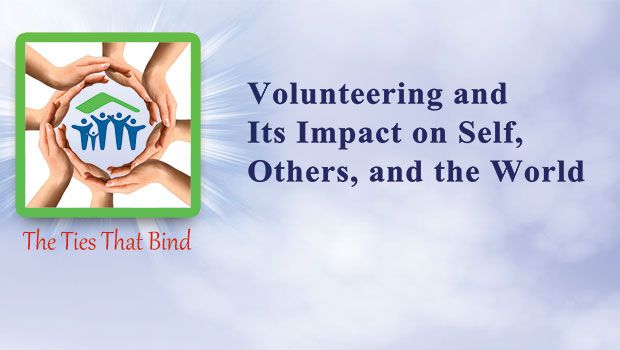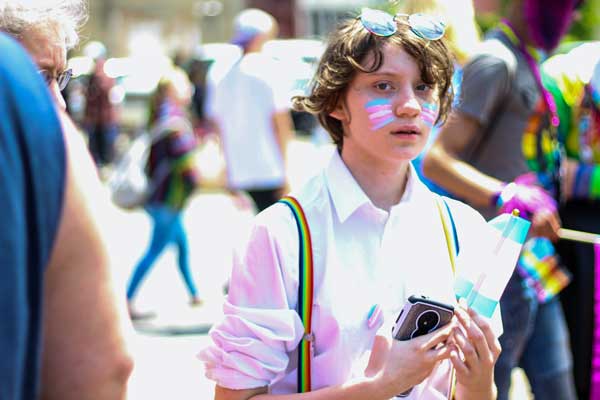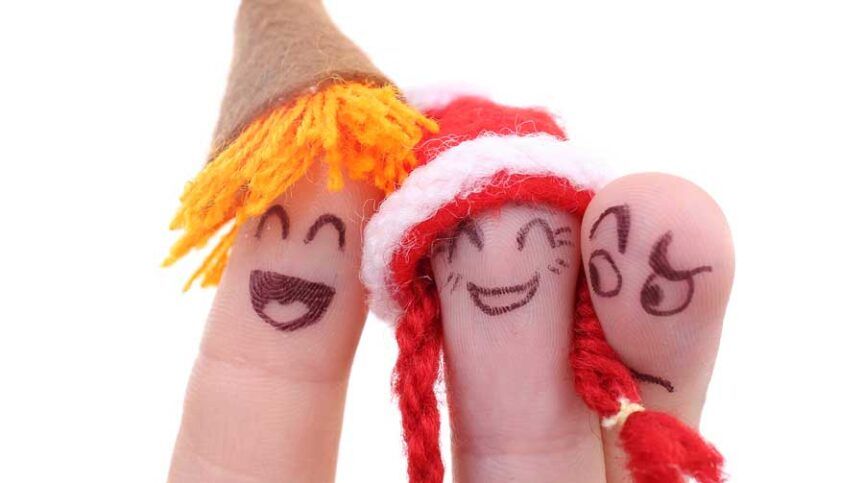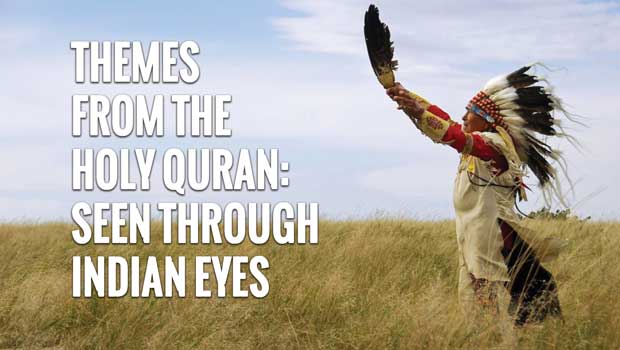Unsure and apprehensive, he walked into the soup kitchen and found someone who looked as if he knew what he was doing. He asked him where he should go since this was his first time volunteering, and he was directed to the kitchen. As he walked there, his mind was racing. His friend had told him to come to volunteer to serve food to the homeless because it would look good on his transcript. He knew that he needed a boost for college so he decided to give it a shot. Now that he was here, however, he felt out of place. This neighborhood looked nothing like his and, on a Saturday morning, he would much rather be playing basketball. Once he arrived at the kitchen, he saw dozens of people scurrying around, some preparing food, some washing dishes, and others giving orders. He was placed at the cutting board to chop carrots. Soon, the food was prepared and it was time to serve. The next hour became an experience he would never forget for the rest of his life. He did not expect to be so affected by the people who came in for food: their tired faces, their tattered clothing, and their warm smiles. He left the soup kitchen that day feeling a deep sense of appreciation for his life and for the experience that helped to soften his heart.
The impact of helping someone is everlasting. Not only does it make us feel good and bring us closer to others, but we also obtain goodness in the hereafter. Abu Hurayrah (may Allah be pleased with him) reported that Prophet Muhammad (peace be upon him) said,“Whoever removes one of the hardships of a believing soul, Allah will remove from him one of the distresses in the hereafter. Whoever solves someone else’s problem, Allah will make things easy for him in this world and in the life hereafter. Allah is ever assisting his servant as long as he is assisting his brother” (Sahih Muslim). This beautiful hadith describes how extraordinary it is to be involved in volunteer work that involves helping others and making a difference in their lives. Allah (SWT) loves such actions so much that He provides continuous ease for the person who engages in charitable activity.
Allah (SWT) discusses the “everlasting good deeds” in the Quran and these include the good things we do for others. When we donate our time to assisting others, it automatically creates an environment of good feelings and a desire to pass on the goodness to others. This is where the phrase “paying it forward” comes into play. When goodness is done to someone, they wish to pass that on to others. When they do this, the goodness multiplies. That is the power of helping others.
In taking care of others, we are taking care of ourselves. This is not only because we are investing in our personal account for the Akhirah, but for the fact that the Ummah is one body, as the Prophet (pbuh) has described. When one part is hurting, the rest of it feels the pain. Therefore, when we are helping and taking care of a part of the Ummah, the benefit automatically comes to us as well. In fact, science proves that not only is volunteering beneficial for others, but it is good for the one who is volunteering. Helping behavior is associated with reduced risk of mortality, decrease in stress, and a release of oxytocin,a feel-good hormone. Physiologically, helping others makes us feel good. The release of oxytocin not only benefits the individual, but also has an effect on those around us. Oxytocin is called “the compassion hormone” because circuits in the brain are active that cannot be active during a state of hostility or hate. This allows for an atmosphere of fellowship and caring to develop.
When we volunteer our time, energy, and resources, we are sending a message to the world that we are not selfish and, instead, believe in something greater than ourselves. We are stating that something larger than all of us exists. The inner satisfaction we gain from giving of ourselves is more important than any form of compensation we could receive. When we give without asking for money or benefits in return, we develop the personal characteristics of sacrifice, forgiveness, love, and a strong sense of humanity. There is nothing more valuable than that.





